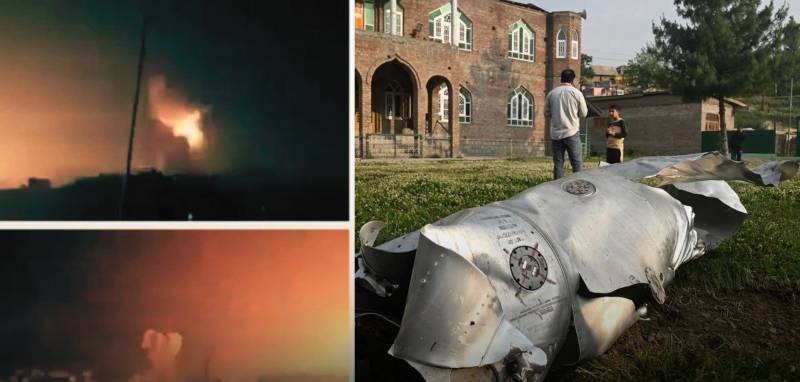India’s unprovoked escalation by targeting civilian population in Pakistan has not only violated the territorial sovereignty, International Border, and Line of Control (LOC) of Pakistan but has exposed Indian’s adventurism and immaturity as a responsible member of international community. DG ISPR confirmed 26 civilian casualties, while 46 were injured including women and children in the aftermath of these strikes. This unprovoked attack is a violation of Article 2(4) of the UN Charter, which prohibits the use of force against the territorial integrity or political independence of any state. In addition, targeting Neelum Jhelum hydropower project, India has clearly violated International Humanitarian Law (IHL) and laws of armed conflict. Under the Geneva Conventions and Additional Protocols, civilian infrastructure, including hydropower dams, is protected even during armed conflict. Pakistan has already taken a strong and unwavering stance on the issue of hydropower resources, considering any attack on them as an act of war. In this framework, attack on Neelum–Jhelum Hydropower Project has been crucial.
The recent Indian missile strikes on Pakistani territory in Sialkot, Muridke, Shakargarh, and Bahawalpur in Punjab, as well as Kotli and Muzaffarabad in Azad Kashmir, have severely disrupted the delicate balance of deterrence between the two nuclear powers.
Nuclear states typically adopt a cautious and pragmatic approach in their strategic behavior in order to avoid all-out confrontation. However, India’s decision to initiate these strikes has created a critical and unprecedented security situation in South Asia. One of the most concerning factors is that India has escalated on multiple fronts, including ground, air, hydropower infrastructure, and mosques. The use of guided missiles, such as the Hammer and Scalp, on the ground, as well as the deployment of Rafales, MiG-29s, SU-30s, and Heron drones in the air, reflects India’s intention to escalate the ongoing situation.
In retaliation, Pakistan have shot down five Indian aircraft, including three Rafales, one Su-30MKI, one MiG-29, and an IAI Heron drone. Additionally, Pakistan destroyed an Indian brigade headquarters and multiple check posts. Pakistan Air Force (PAF) has once again proved their retaliatory capabilities and tactical superiority. Major International media outlets have also significantly confirmed the shot down of Indian jets signifying strong retaliatory response by Pakistan. The main question is that whether Pakistan’s immediate response is the first round in balancing the strategic calculus or it will move towards stalemate for which the probability is very low. It is crucial that south Asian deterrence has moved from deterrence by denial to deterrence by punishment.
The consonance of Article 51 of the UN Charter reaffirms Pakistan’s basic right of self-defense, as stated by the National Security Committee (NSC). The Article 51 states that, “Nothing in the present Charter shall impair the inherent right of individual or collective self-defense if an armed attack occurs against a Member of the United Nations, until the Security Council has taken measures necessary to maintain international peace and security.” This gives the Pakistan Armed Forces the right to respond to Indian aggression. In this situation, Pakistan is likely to respond with multiple options with a more assertive approach. These options may include targeted strikes on both military and non-military infrastructures along with continuing the full-spectrum response on Line of Control (LOC) and air space.
The response of international community in these heightened tensions is very crucial. A clear message to India must be delivered as it is India who provoked the attack without providing any solid information and evidence of Pakistan’s direct or indirect involvement in the Pahalgam incident. Pakistan has repeatedly endorsed its willingness for independent investigation. The United Nations, along with countries like the United States, China, Russia, and Turkey, called for restraint and dialogue to prevent further conflict between the nuclear-armed neighbors. International community needs to be more active and vocal in bringing conflicting parties to dissuade tensions. Pakistan has also diplomatically connected with Spain, Italy, OIC Secretary General and shared the narrative of Pakistan. Till now, only Israel has openly supported India’s action reflecting a deep rooted nexus between two war hysteric entities. Pakistan has already presented its stance at the United Nations in a closed-door session and is actively pursuing diplomatic engagement with more than twenty-six countries. This coordinated effort aims to highlight India’s aggression, seek international support, and prevent further escalation in the region.



